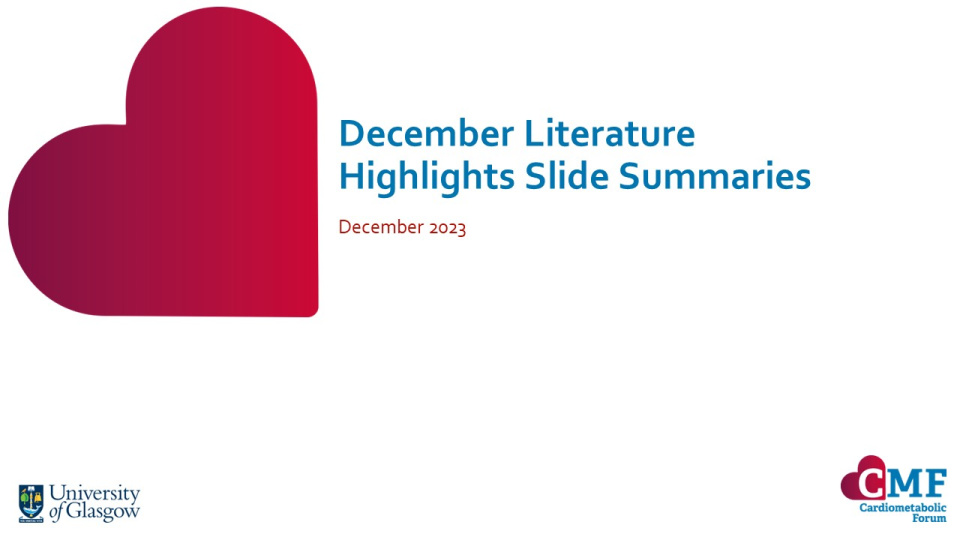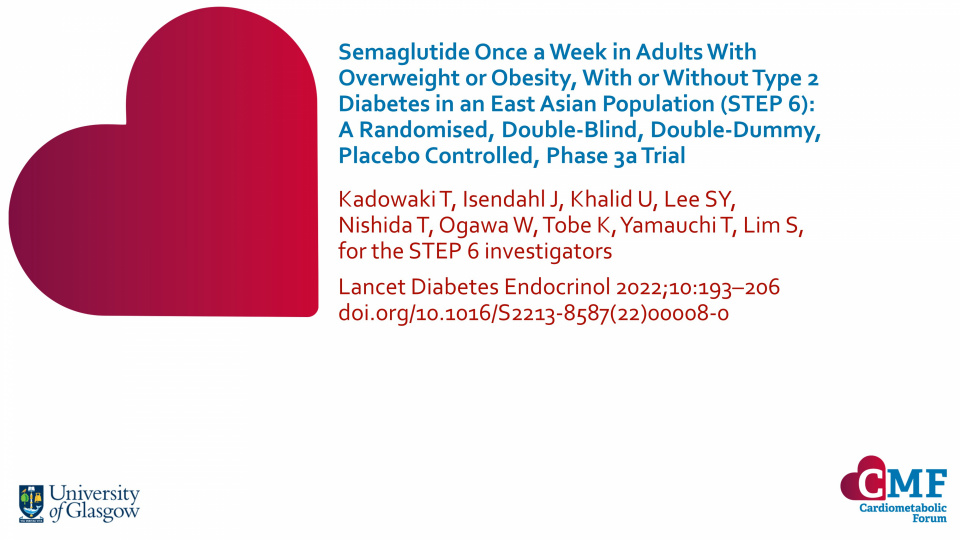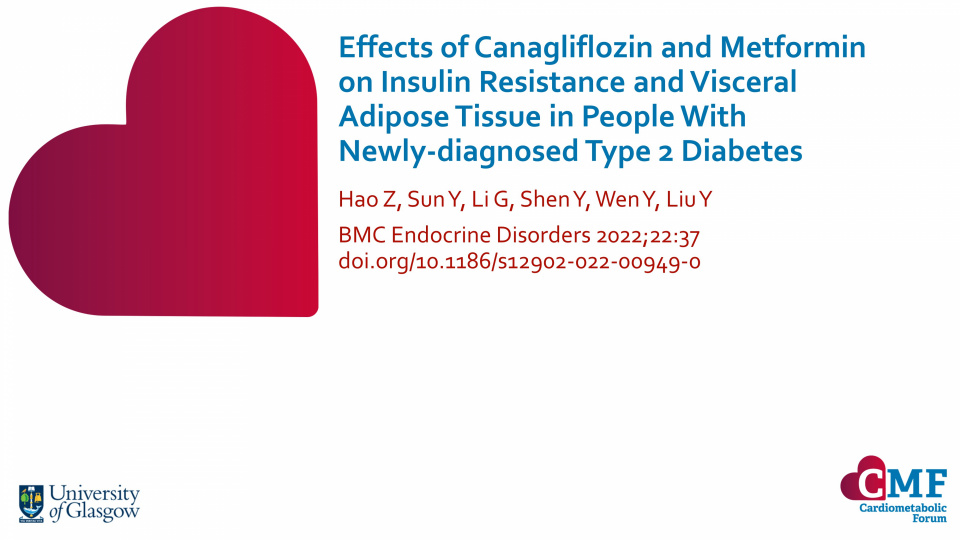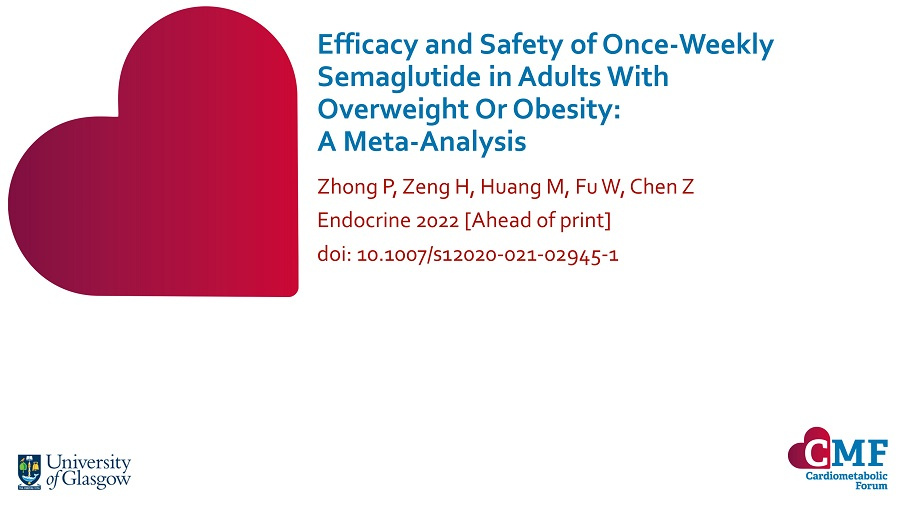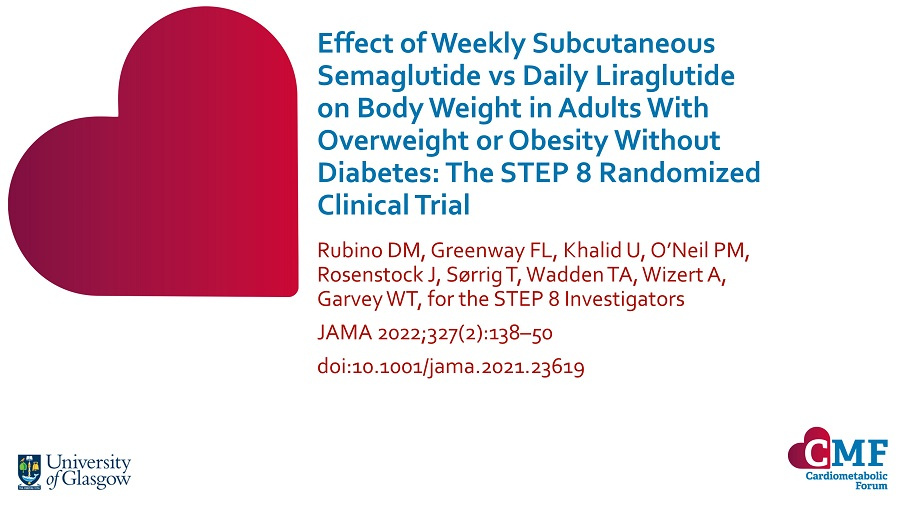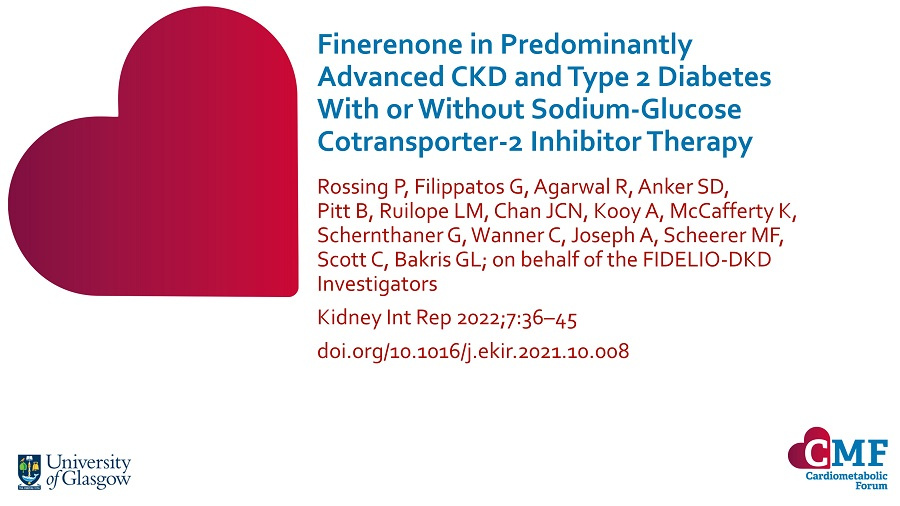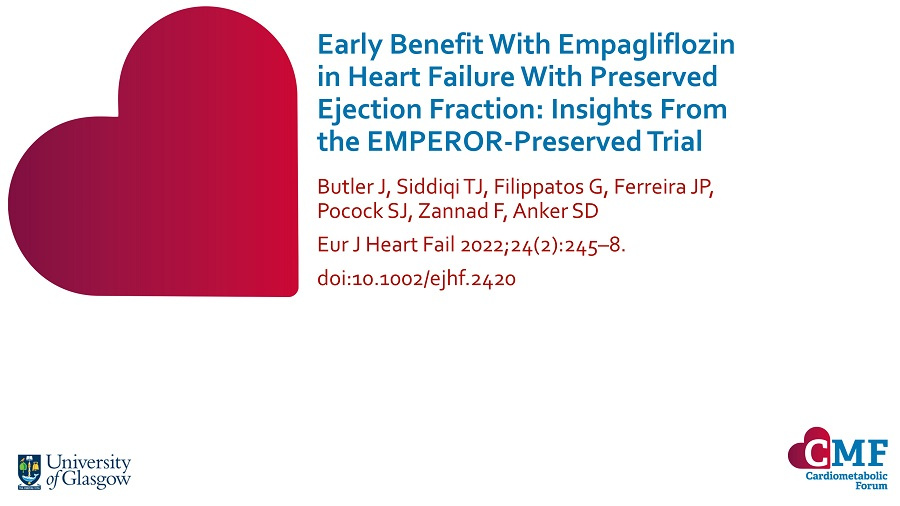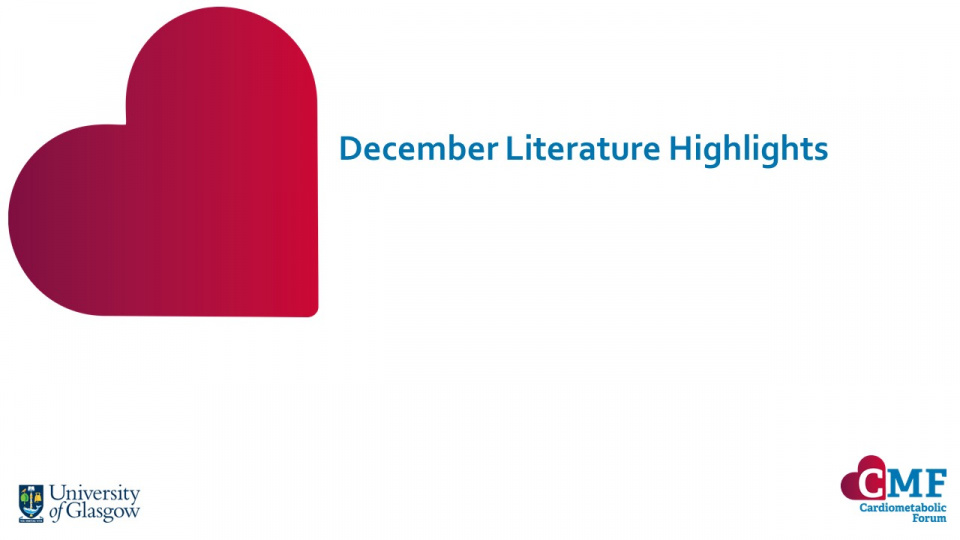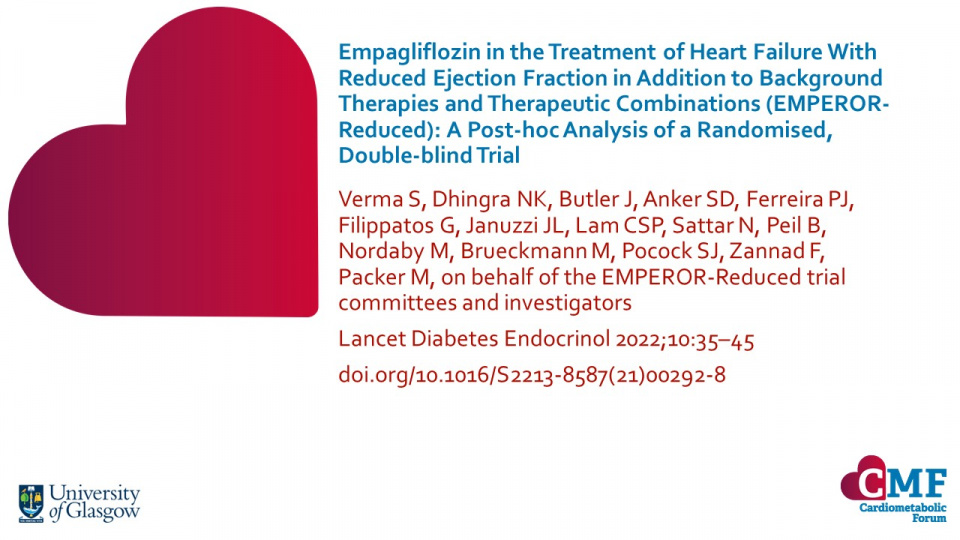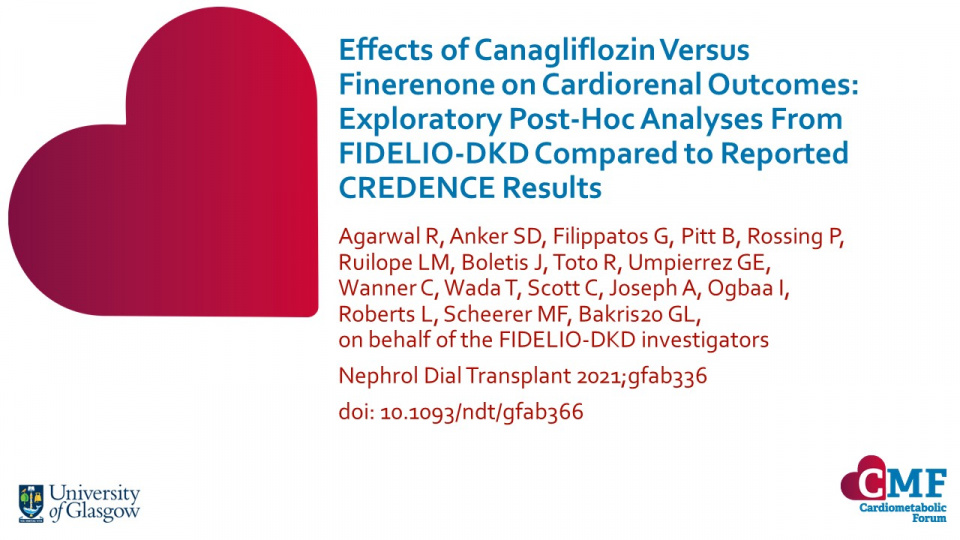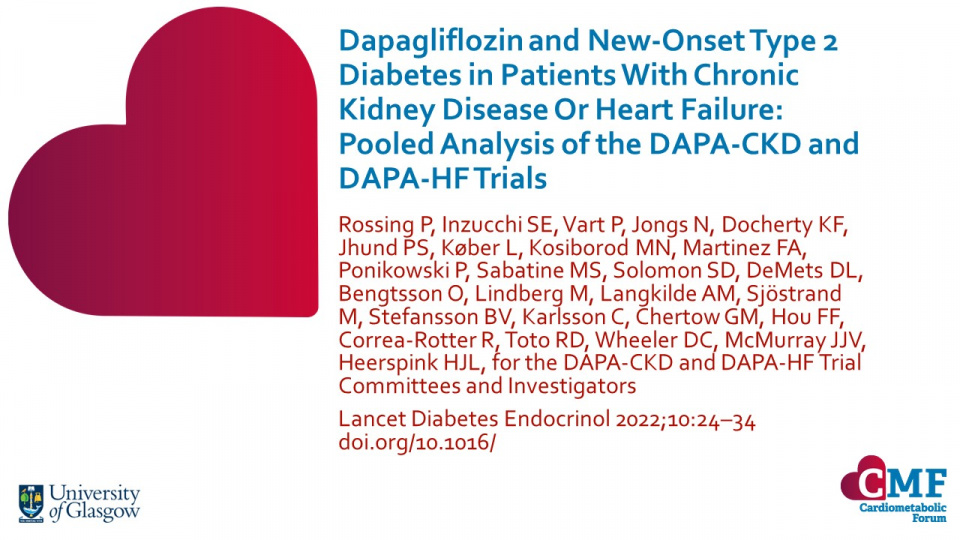Publications
Stay up to date with our literature reviews which are curated by experts to feature the most important publications released each month. Explore our publications for access to concise summary slides for your own use.
Semaglutide Once a Week in Adults With Overweight or Obesity, With or Without Type 2 Diabetes in an East Asian Population (STEP 6): A Randomised, Double-Blind, Double-Dummy, Placebo Controlled, Phase 3a Trial
Lancet Diabetes Endocrinol 2022;10:193–206. doi.org/10.1016/S2213-8587(22)00008-0
In this Phase 3a trial in an east Asian population, semaglutide 2.4 mg QW was shown to have superior and clinical meaningful reductions in bodyweight versus placebo, as well as greater reductions in abdominal visceral fat.
Effects of Canagliflozin and Metformin on Insulin Resistance and Visceral Adipose Tissue in People With Newly-diagnosed Type 2 Diabetes
BMC Endocrine Disorders 2022;22:37 doi.org/10.1186/s12902-022-00949-0
In this study of patients with newly-diagnosed (<6 months) T2D, canagliflozin was associated with reduced insulin resistance and visceral adipose tissue compared with placebo.
Efficacy and Safety of Once-Weekly Semaglutide in Adults With Overweight Or Obesity: A Meta-Analysis
Endocrine. 2022;75(3):718–24 doi: 10.1007/s12020-021-02945-1
Semaglutide QW was found to be superior to placebo in percentage change and absolute change in body weight. It also led to significant increases in proportions of patients achieving categorical weight reduction targets.
Effect of Weekly Subcutaneous Semaglutide vs Daily Liraglutide on Body Weight in Adults With Overweight or Obesity Without Diabetes: The STEP 8 Randomized Clinical Trial
JAMA 2022;327(2):138–50 doi:10.1001/jama.2021.23619
Among adults with overweight or obesity without diabetes, QW SC semaglutide compared with QD SC liraglutide – added to counselling for diet and physical activity – resulted in significantly greater weight loss at 68 weeks.
Finerenone in Predominantly Advanced CKD and Type 2 Diabetes With or Without Sodium-Glucose Cotransporter-2 Inhibitor Therapy
Kidney Int Rep 2022;7:36–45 doi.org/10.1016/j.ekir.2021.10.008
Finerenone was associated with a 31% greater reduction in urine albumin:creatinine ratio (UACR) from baseline to Month 4 versus placebo. With similar reductions in UACR seen whether the patient was receiving SGLT2i at baseline or not.
Early Benefit With Empagliflozin in Heart Failure With Preserved Ejection Fraction: Insights From the EMPEROR-Preserved Trial
Eur J Heart Fail 2022;24(2):245–8. doi:10.1002/ejhf.2420
Results reinforce sustained clinical, health status and quality of life benefits with empagliflozin in patients with HF‑pEF, and underscore the need for timely initiation of therapy.
December Literature Highlights
Multiple sources (see slide deck for information)
Single slide summaries of all this month's selected publications.
Empagliflozin in the Treatment of Heart Failure With Reduced Ejection Fraction in Addition to Background Therapies and Therapeutic Combinations (EMPEROR-Reduced): A Post-hoc Analysis of a Randomised, Double-blind Trial
Lancet Diabetes Endocrinol 2022;10:35–45 doi.org/10.1016/S2213-8587(21)00292-8
The data from the trial suggests that empagliflozin may be considered as a foundational therapy in heart failure with reduced ejection fraction. This post-hoc analysis of EMPEROR-Reduced – a randomised, double-blind, parallel-group trial – by Verma et al. evaluated the efficacy and safety of empagliflozin in patients with heart failure with reduced ejection fraction and to baseline treatment.
Effects of Canagliflozin Versus Finerenone on Cardiorenal Outcomes: Exploratory Post-Hoc Analyses From FIDELIO-DKD Compared to Reported CREDENCE Results
Nephrol Dial Transplant 2021;gfab336 doi: 10.1093/ndt/gfab366
Finerenone and canagliflozin reduce cardiorenal risk in patients who are albuminuric. This exploratory post-hoc analyses by Agarwal et al. investigated how differences in trial design influenced observed treatment effects in the FIDELIO-DKD and CREDENCE studies.
Dapagliflozin and New-Onset Type 2 Diabetes in Patients With Chronic Kidney Disease Or Heart Failure: Pooled Analysis of the DAPA-CKD and DAPA-HF Trials
Lancet Diabetes Endocrinol 2022;10:24–34 doi.org/10.1016/
Chronic kidney disease and heart failure are insulin resistant states associated with high incidence rates of diabetes. Rossing et al. carried out a two Phase 3, randomised, double-blind, placebo-controlled trials assessed the effect of dapagliflozin on new-onset type 2 diabetes, in a pooled analysis of data from 6,608 individuals.

